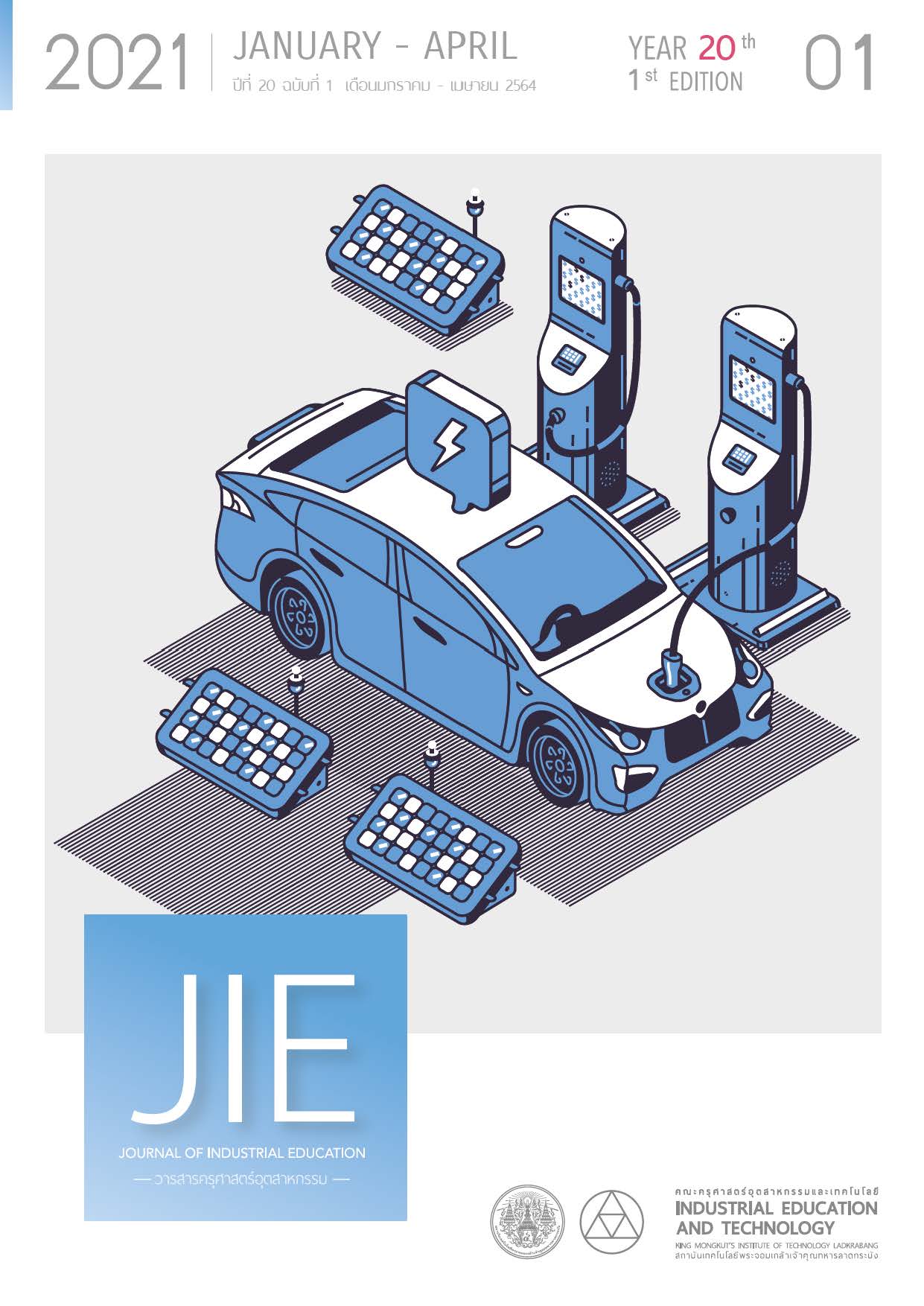A MODEL OF TEACHER COMPETENCY DEVELOPMENT FOR GRADUATE DIPLOMA IN TEACHER PROFESSION NAKHON RATCHASIMA COLLEGE
Keywords:
Model, Teacher competency, Graduate diploma in teacher professionAbstract
This research aimed to create, develop, and verify the model of teacher competency development for graduate diploma in teacher profession Nakhon Ratchasima college. Five research methods were used in this study. The tools were evaluation forms and questionnaires in five-point Likert scale. The sample group was 92-graduate diploma in teacher profession at Nakhon Ratchasima college. The level of appropriateness and possibility was set at high level, or at 3.50 or above.
The results found that the synthesized contents were covered principles and reasons, objectives, and the gist of the model which consisted of having compassion and goodwill to students for helping and supporting, being patient to self-responsibilities and responsible for students’ problem behaviors, being a learning person and academic leader for a capacity in learning person, having vision for vision creation, believing in teacher profession on supporting an implementation of teacher profession organization, and following ethics of teacher profession in self-ethics. Overall, the assessment on the appropriateness of the model was at the highest level and the contents were at the highest level. The possibility analysis on the usage of the model was overall at the highest level. The experts fully agreed that the model can be applied to the real situation.
References
ASEAN Secretariat. (2008). The Asean charter of Association of Southeast Asean Nation. Jakarta: ASEAN Secretariat. 56-58.
Ministry of Education. (2008). Guidelines according to the announcement Ministry of Education on English language teaching reform policy. Bangkok: Khurusapha Publishing House, Lat Phrao. 54-56. (in Thai)
Office of the Education Council Secretariat. (2018). Teacher competency research report and approach develop teachers in a changing society. Bangkok: Ministry of Education. 28-29. (in Thai)
Pruet, S., & Chayapim, U. (2018). Crisis and Development Strategy, Faculty of Education, Education for Education Reform in the National Education Development Plan (2017-2036). Bangkok: Office of the Prime Minister. 23-30. (in Thai)
Srisa-ard, B. (2012). Introduction research. 9th ed. Bangkok: Children's club. 51-54. (in Thai)
Krejcie, R. V., & Morgan, D. W. (1970). “Determining Sample Size for Research Activities.” Educational and Psychological Measurement. 30(3), 607-610.
Prasarntri, T. (2012). “Teacher Developing Models of Students in Nakhon Phanom University.” Nakhon Phanom University Journal. 2(3), 25-32. (in Thai)
Vangmeejongmee, C. (2017). “Competency of Thai Teacher in 21st Century : Wind of Change.” Journal of HRintelligence. 12(2), 47-63. (in Thai)
Madaus, G. F., Scriven, M. S., & Stufflebeam, D. L. (1983). Evaluation Models Viewpoints on Educational and Human Services Evaluation. 8th ed. Boston: Khuwer-Nijhoff Publishing. 25-36.
Sinlarat, P., Khamdit, S,. Manoosawet, C., Wisaruetapa, W., & Meesan, N. (2015). Education 4.0 is more than education. Bangkok: Printing Press of Chulalongkorn University. 95-96. (in Thai)
Downloads
Published
How to Cite
Issue
Section
License
"The opinions and contents including the words in papers are responsibility by the authors."
"ข้อคิดเห็น เนื้อหา รวมทั้งการใช้ภาษาในบทความถือเป็นความรับผิดชอบของผู้เขียน"



